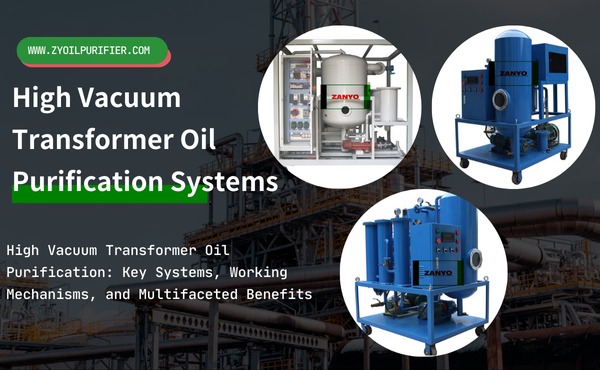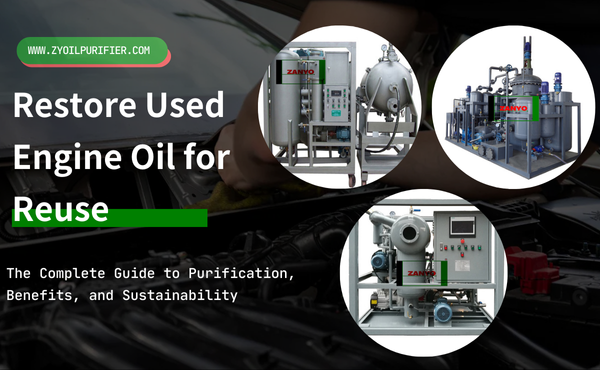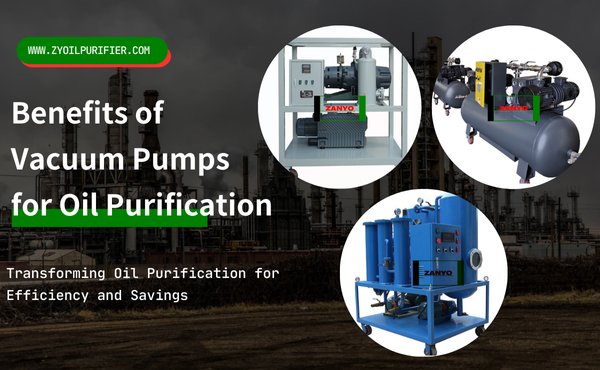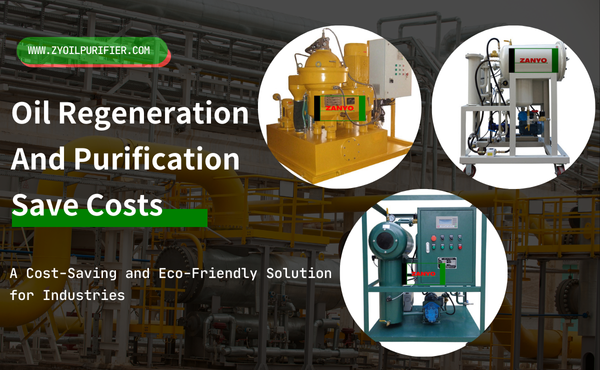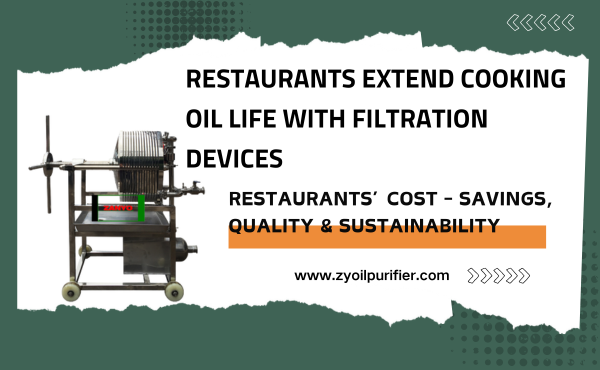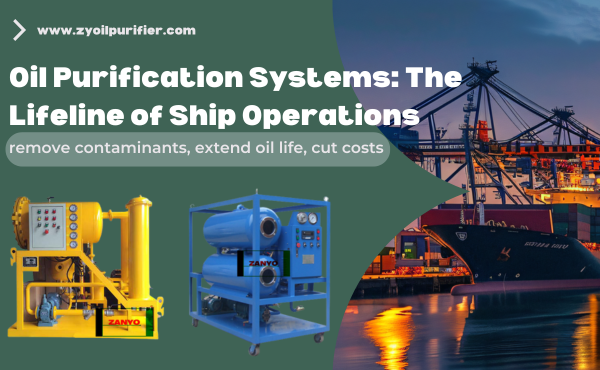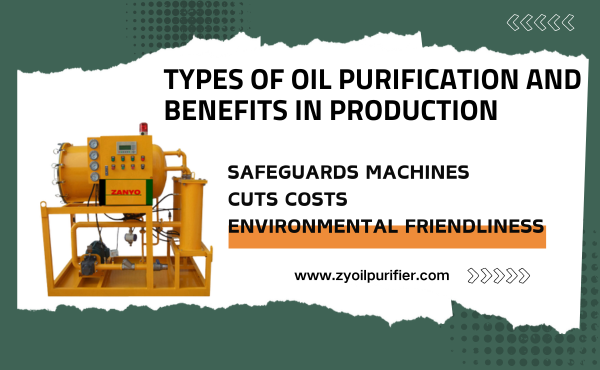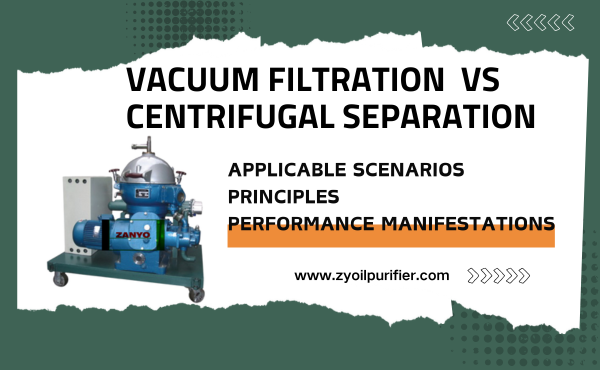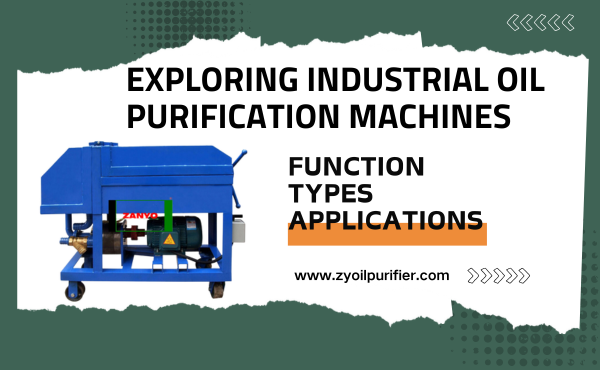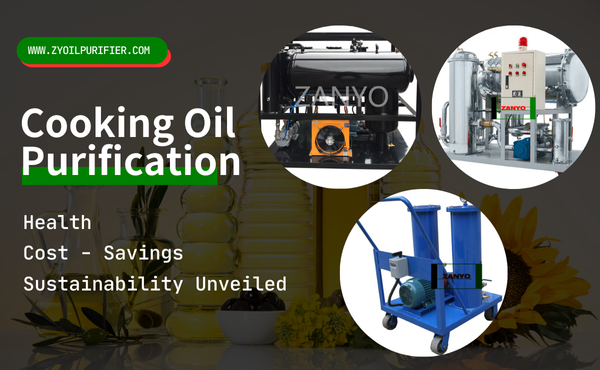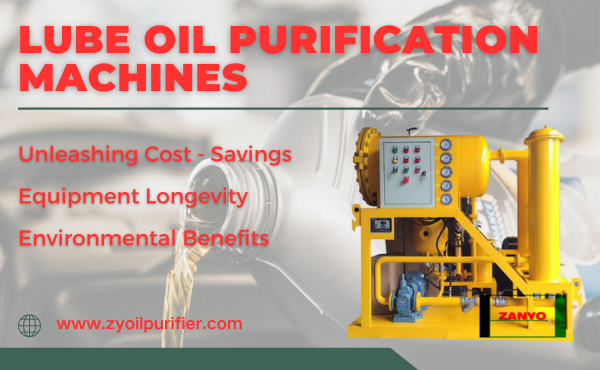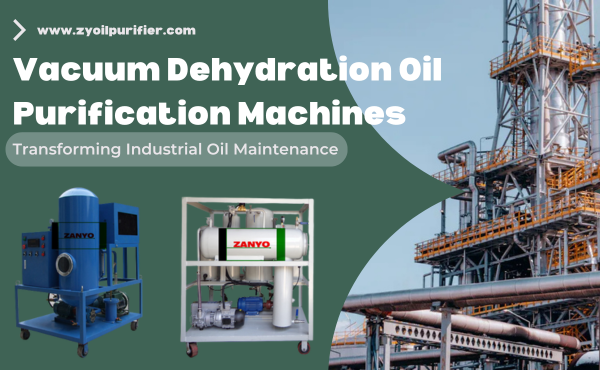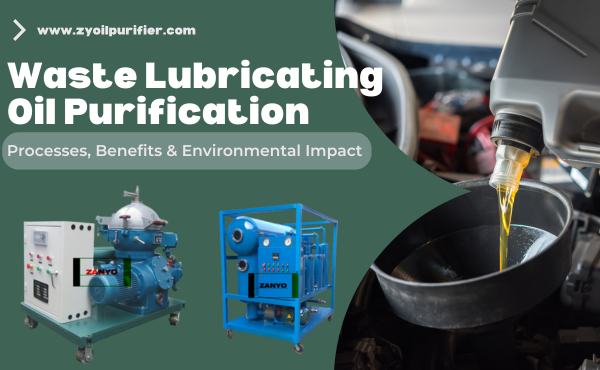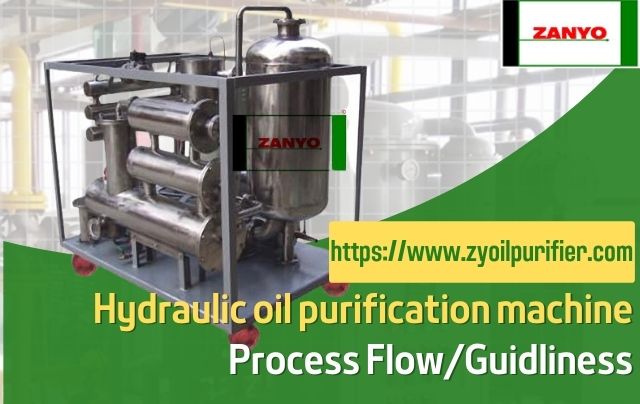Maintaining the cleanliness of turbine oil is essential for machinery performance. A reliable turbine oil purifier removes impurities and contaminants, ensuring optimal operation. Industries increasingly adopt advanced turbine oil purification systems due to growing environmental regulations and the need for high-quality turbine oil filtration. This investment enhances efficiency and reduces oxidation-related equipment failures.
Key Takeaways
- Focus on how well the purifier cleans the oil. Good filters catch tiny particles, keeping the oil clean and machines working longer.
- Think about how fast and how much oil it can clean. A faster system cleans more oil quickly, needs less upkeep, and keeps things running smoothly.
- Buying a good turbine oil purifier saves money over time. It lowers repair costs and helps machines last longer, making it useful for any business.
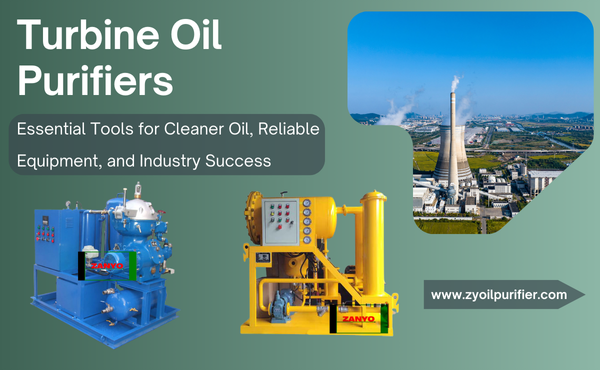
Key Features to Look For
Filtration Accuracy and Efficiency
When selecting a turbine oil purifier, filtration accuracy and efficiency should be your top priorities. A high-quality turbine oil filter removes even the smallest particles, ensuring optimal cleanliness. Advanced filtration systems, such as centrifugal purifiers, excel in eliminating solid impurities and moisture from turbine oil. These systems enhance oil quality and reduce contamination risks, which directly impacts equipment performance and lifespan.
Modern turbine oil purification technologies focus on improving filtration accuracy, often measured in micrometers. This precision ensures that contaminants, including oxidation byproducts, are effectively removed. Additionally, the market has seen a shift toward advanced separation processes, which improve both efficiency and oil cleanliness. By investing in a reliable filtration system, you can maintain the integrity of your turbine oil and extend the life of your machinery.
Flow Rate and Capacity
The flow rate of a turbine oil purifier determines how much oil it can process within a specific time frame. For industrial applications, higher flow rates are essential to ensure uninterrupted operation. For example, larger setups require purifiers capable of handling significant volumes of oil efficiently. This feature becomes critical in industries like power generation, where downtime can lead to substantial losses.
Capacity also plays a vital role in turbine oil filtration. A purifier with a higher capacity can handle larger quantities of oil, reducing the frequency of maintenance. This not only saves time but also ensures consistent oil purification, keeping your equipment running smoothly.
Temperature and Pressure Resistance
Turbine oil purification systems must withstand varying temperatures and pressures without compromising performance. High-temperature resistance ensures that the purifier operates effectively even in demanding conditions. Similarly, the ability to handle significant pressure differences guarantees stable operation, which is crucial for maintaining oil cleanliness levels.
When evaluating a turbine oil purifier, consider its operating temperature range and maximum work pressure. These factors influence the system’s durability and reliability. A robust filtration system, like the ZANYO Centrifugal Turbine Oil Purifier, offers excellent resistance to temperature and pressure variations, making it a dependable choice for diverse industrial applications.
Types of Turbine Oil Purification Systems
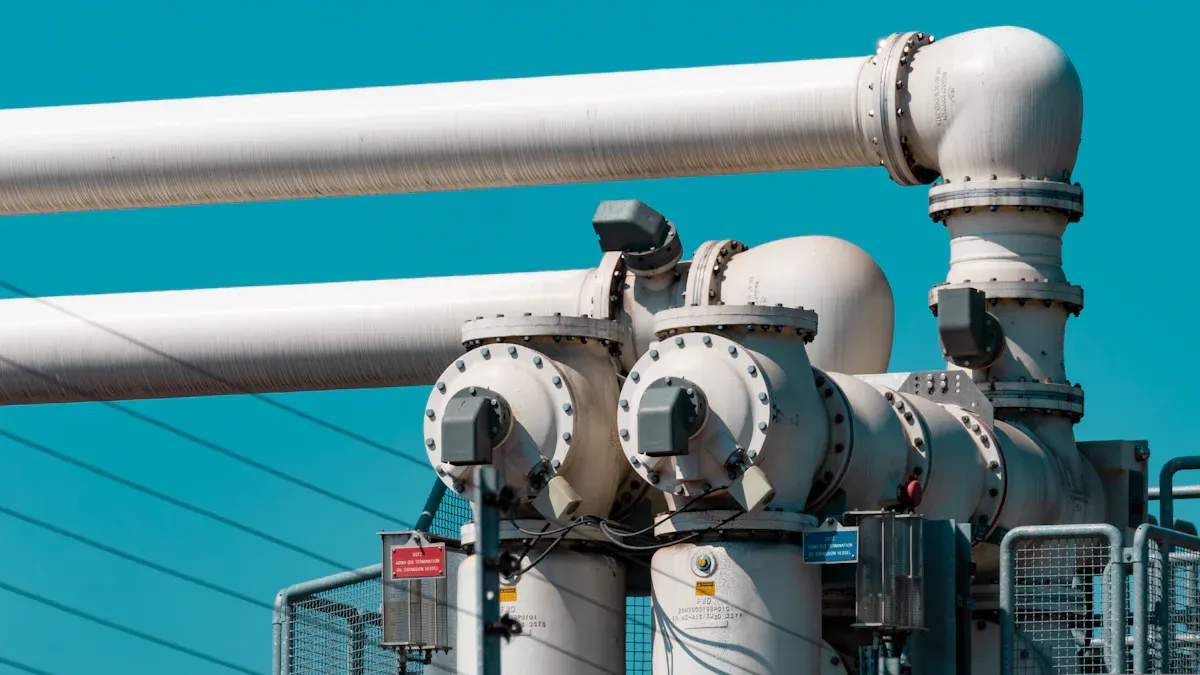
Vacuum Dehydration Systems
Vacuum dehydration systems are highly effective for removing water and gas contaminants from turbine oil. These systems use a vacuum chamber to lower the boiling point of water, allowing it to evaporate at lower temperatures. This process protects the oil from thermal degradation and oxidation. By maintaining the cleanliness of turbine oil, vacuum dehydration systems extend the operational life of machinery and reduce maintenance costs.
Tip: Industries like oil and gas rely on vacuum dehydration to preserve the quality of lubricants and hydraulic oils. This ensures smooth equipment operation and minimizes costly repairs.
| Application Area | Evidence of Efficiency |
|---|---|
| Oil Purification | Enhances water removal performance, reducing thermal oxidative stress on oil. |
| Equipment Integrity | Ensures smooth operation by removing water and gas contaminants, reducing shutdowns. |
| Maintenance Cost | Extends machinery life by reducing wear and tear through effective contaminant removal. |
Centrifugal Turbine Oil Purifiers
Centrifugal turbine oil purifiers, like the ZANYO, use centrifugal separation to remove impurities and water from turbine oil. These systems operate at high speeds, effectively separating contaminants based on their density. This method ensures superior filtration and maintains the cleanliness of turbine oil, which is critical for industrial applications.
Centrifugal purifiers are versatile and suitable for various industries, including power generation and aviation. They excel in removing solid contaminants and water, ensuring the reliability of machinery. The ZANYO purifier, for instance, offers energy efficiency and high-speed operation, making it a reliable choice for maintaining oil quality.
| Application Sector | Key Insights |
|---|---|
| Industrial Applications | Efficiently removes solid contaminants and water, ensuring turbine oil cleanliness. |
| Electricity Generation | Maintains turbine health and operational efficiency in power plants. |
| Aviation Industry | Filters lubricating oil for aircraft engines, ensuring reliability during extreme conditions. |
Coalescence Separation Technology
Coalescence separation technology uses specialized filters to combine small water droplets into larger ones, which are then easily removed. This method is particularly effective for separating oil-water emulsions and maintaining the purity of turbine oil. By reducing contamination, coalescence technology ensures the longevity of machinery and enhances turbine oil filtration.
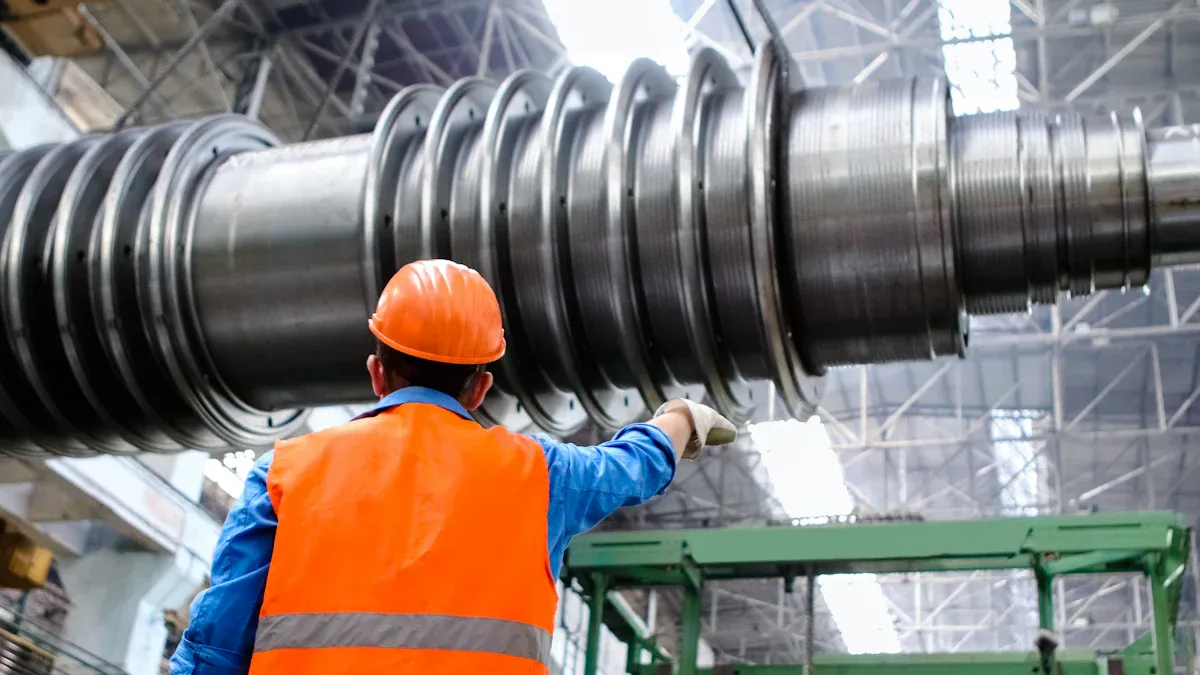
Industry-Specific Needs for Turbine Oil Filtration
Power Generation Industry Requirements
In the power generation sector, turbine oil filtration plays a critical role in maintaining operational efficiency. You need a turbine oil purifier that ensures oil cleanliness by removing impurities and contaminants. This prevents oxidation and extends the lifespan of turbines. Filtering accuracy is a key metric here, as even small particles can compromise system performance. Systems adhering to ISO 16890 standards offer reliable filtration, ensuring consistent oil quality.
Watertightness is another essential feature for turbine oil purification systems in this industry. It prevents water ingress, which can degrade oil and lead to costly downtime. The financial stakes are high. Poor turbine oil maintenance can result in production losses exceeding $500,000 per day. During peak periods, electricity prices can soar to $1,000/MW hr, making effective turbine oil filtration a necessity.
Aviation and Aerospace Applications
In aviation, turbine oil purifiers are indispensable for maintaining engine reliability. Aircraft engines operate under extreme conditions, and oil cleanliness is vital for their performance. A high-quality turbine oil filter removes contaminants, ensuring smooth operation during high-altitude flights. This reduces the risk of mechanical failures and enhances safety.
Environmental regulations also drive the need for efficient purification systems in this sector. Modern turbine oil filtration technologies not only improve oil quality but also align with eco-friendly standards. By investing in advanced filtration systems, you can meet compliance requirements while ensuring optimal engine performance.
Marine and Heavy Machinery Applications
Marine and heavy machinery industries rely on turbine oil purification to protect equipment from contamination. Maintaining oil purity prevents mechanical failures, ensuring safety and reducing downtime. For example, the U.S. Navy uses advanced filtration systems to safeguard submarines and aircraft carriers.
Oil purification systems also extend the lifespan of lubricants, reducing the frequency of oil changes. This lowers costs associated with replacement fluids and disposal. Additionally, properly filtered oil enhances machine performance, boosting productivity. Coalescing technology, widely used in marine applications, effectively removes water from turbine oil, ensuring reliability during long voyages.
| Benefit | Description |
|---|---|
| Improved safety | Maintaining oil purity prevents mechanical failures that can lead to serious accidents, justifying the investment in oil purification systems. |
| Less frequent oil changes | Extending the lifespan of lube and hydraulic fluids reduces costs associated with replacement fluids, labor, and disposal fees. |
| Less unscheduled downtime | Contaminated fluids can lead to significant business losses due to unplanned downtime, which can be mitigated by using oil purification systems. |
| Better machine performance | Properly maintained fluids enhance machine health, leading to improved performance and productivity, which is crucial for business metrics. |
Tip: Investing in a reliable turbine oil purifier, such as the ZANYO Centrifugal Turbine Oil Purifier, ensures long-term benefits for marine and heavy machinery applications.
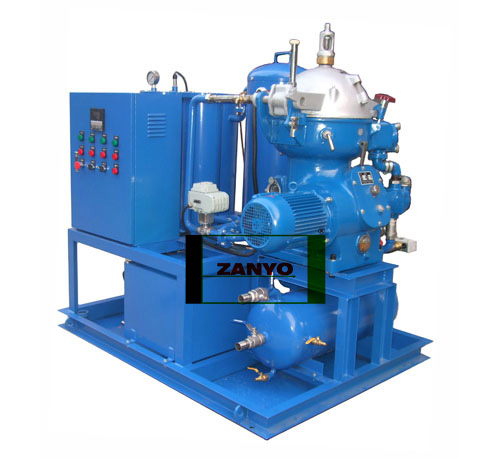
Centrifugal-Turbine-Oil-Purifier-02
Cost vs. Value of Turbine Oil Purifiers
Initial Investment vs. Long-Term Savings
Investing in a turbine oil purifier may seem costly at first, but the long-term benefits far outweigh the initial expense. High-quality systems, reduce maintenance costs and extend equipment lifespan. This makes them a valuable asset for industries relying on turbine oil purification.
Consider the following comparison:
| Aspect | Initial Investment Cost | Long-Term Savings |
|---|---|---|
| Cost of Turbine Oil Purifier | High | Reduced maintenance costs |
| Efficiency Improvement | N/A | Improved operational efficiency |
| Equipment Lifespan | N/A | Extended equipment life |
By extending the lifespan of turbine oil by several thousand hours, these systems justify their capital investment. You not only save on frequent oil replacements but also avoid costly downtime caused by oil contamination.
Maintenance and Operating Costs
A reliable turbine oil purifier minimizes maintenance expenses. Advanced systems, such as those using purification with centrifuges, eliminate the need for consumable filter materials. This reduces recurring costs and ensures consistent performance. Additionally, energy-efficient designs, like the ZYCF, lower operating expenses by cutting heating power requirements by over 50%.
Routine maintenance becomes simpler with modern filtration methods. These systems effectively remove impurities and oxidation byproducts, maintaining oil cleanliness. By investing in a robust filtration system, you can reduce the risk of equipment failure and ensure uninterrupted operations.
Evaluating ROI for Turbine Oil Filtration Machines
The return on investment (ROI) for turbine oil filtration machines is significant. Unscheduled machine downtime often results in losses amounting to millions. Contaminated oil increases the likelihood of such events, making a turbine oil purifier a financially sound choice. Industries like power generation and aviation rely on these systems to maintain equipment reliability and operational efficiency.
Turbine oil filtration ensures the complete removal of oxidation products and impurities, safeguarding machinery. This not only enhances performance but also aligns with environmental standards. By prioritizing quality and advanced purification techniques, you can achieve long-term savings and improved productivity.
Choosing the right turbine oil purification system ensures clean oil and reliable machinery performance. High-quality systems, like ZANYO’s Turbine Oil Filtration Machines, improve efficiency and reduce downtime. Advancements in filtration technology and energy savings make these systems cost-effective. Assess your needs, compare options, and prioritize quality to maximize long-term benefits.
FAQ
What is the primary purpose of a turbine oil purification system?
A turbine oil purification system removes contaminants like water, dirt, and oxidation byproducts. This process ensures clean oil, which improves machinery performance and extends equipment life.
How does the ZANYO ZYCF Centrifugal Turbine Oil Filtration Machine work?
The ZANYO ZYCF uses centrifugal force to separate impurities and water from turbine oil. Its high-speed operation ensures efficient purification without requiring consumable filter materials.
Why should you invest in a high-quality turbine oil filtration machine?
A high-quality turbine oil filtration machine reduces maintenance costs, prevents downtime, and extends equipment lifespan. It also ensures consistent oil cleanliness for optimal machinery performance.

